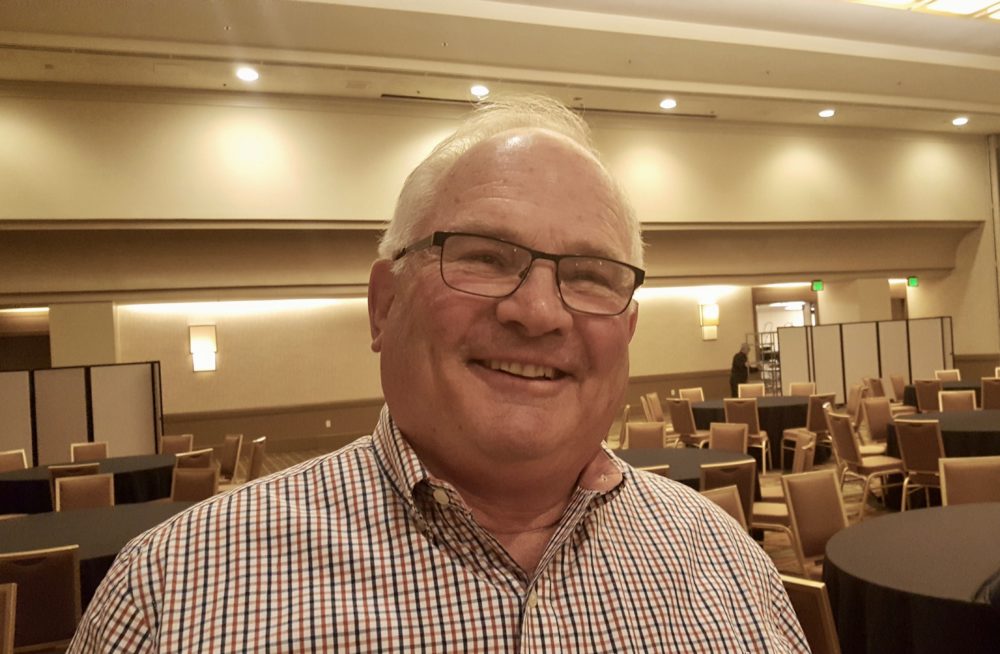Fighting Huanglongbing Is Job One
Citrus Health Program Protecting State’s Industry
By Patrick Cavanaugh, Farm News Director
Joel Nelsen, president and CEO of the California Citrus Mutual based in Exeter, spoke to California Ag Today about a recent trip to UC Riverside to discuss the Citrus Health Response Program and huanglongbing disease.
“For the last several years, the federal government and the California citrus industry had a wonderful partnership with some ideas, some regulation, and most importantly, with some funds,” Nelsen said. “So periodically, USDA comes to do an audit as to what we’re doing, how we’re doing it, and whether or not there needs to be some reevaluation.”
“The Citrus Health Response Program is the program we call a CHRP for a two-day evaluation. You had scientists and regulators from USDA; you had regulators from CDFA, along with a few scientists,” Nelsen explained.
“You had that entire stakeholder group and members from the scientific community and UC Riverside to evaluate what we’re doing and why, but eventually we did achieve one objective and that’s coming up with several action steps that we need to do as an industry in partnership with government,” he said.
The concern of Huanglongbing disease was discussed and game plans were presented.
“What was interesting is this was a friendly audit. They weren’t interested in taking money away, they weren’t interested in determining if we’re using dollars appropriately, but they wanted us to talk about why we were still spraying in the urban environment for the Asian Citrus Psyllid, which vectors Huanglongbing,” Nelsen said.
“They wanted us to talk about whether or not growers were doing what they were supposed to be doing and of course, they are doing what they need to do to keep the deadly disease out of commercial citrus orchards,” Nelsen said.











